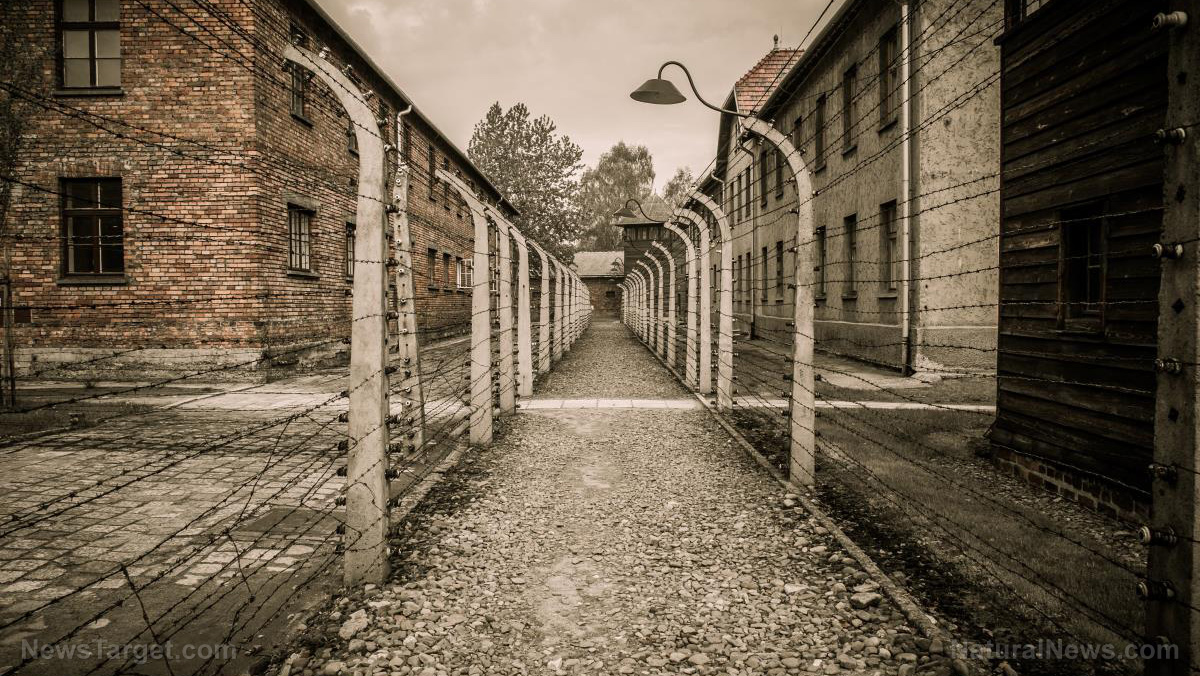Sudan protesters agree to direct talks with military council

Leaders of Sudan's protests have agreed to hold direct talks with the ruling military generals after the African Union and Ethiopian mediators urged both sides to resume stalled negotiations about a new governing body.
The TMC and the opposition coalition have been wrangling for weeks over what form Sudan's transitional government should take after the military deposed long-time president Omar al-Bashir on April 11.
Mediators led by the AU and Ethiopia's Prime Minister Abiy Ahmed have since been trying to broker a return to direct talks between the two sides.
"The Alliance for Freedom and Change met and decided to accept the invitation for direct negotiations" with the generals, protest leader Madani Abbas Madani told reporters on Wednesday.
One of the conditions for the talks was to reach a decision "within 72 hours", he said.
The African Union and Ethiopia have mediated between the two sides after tensions soared following a deadly crackdown on a weeks-long sit-in on June 3 that killed dozens of demonstrators and wounded hundreds.
The generals of the ruling Transitional Military Council (TMC) announced on Saturday that a joint AU-Ethiopia proposal received on June 27 was suitable for the resumption of talks.
'Time for transition'
The alliance's announcement came amid calls from the United Nations human rights chief Michelle Bachelet to the Sudanese authorities to ensure a swift transition to a civilian government.
In a statement released on Wednesday, Bachelet said Sunday's mass protests, referred to by social media users as the "millions march", appeared to have been "unprecedented in recent Sudanese history".
The protests reportedly took place in more than 10 major towns and cities. Bachelet's office received allegations of excessive use of force against protesters, with at least 10 dead.
Bachelet called on Sudan's TMC, which has ruled Sudan since al-Bashir was deposed, to lift restrictions on the internet and investigate all allegations of excessive use of force, including reported attacks on hospitals by Sudan's Rapid Support Forces (RSF) and other security forces.
"This recipe of restrictions, unmet promises, and bouts of unbridled violence which are neither investigated nor punished is stoking massive resentment - as Sunday's protests showed all too clearly," she said in the statement.
"If things continue like this, it will be a recipe for disaster."
Her previous offer to send a human rights monitoring team and calls for investigations into killings and thousands of reported rapes since June 3 had been ignored, and an offer by the TMC to release prisoners of war was "a welcome gesture" but failed to materialise by a June 30 deadline.
Returning to talks
Opposition groups kept up protests as they pressed the military to relinquish power, but talks between the two rival groups collapsed in May over the make-up of the governing body and who should lead it - a civilian or soldier.
On Tuesday, Mahmud Dirir, Ethiopia's mediator in the Sudan crisis, urged the TMC and the opposition coalition to hold direct talks on Wednesday to strike a deal on handing over power to civilians.
The ruling military council has still not responded to the call for talks made by the mediators to resume talks.
Related Articles:
Sudan’s opposition coalition known as Forces for the Declaration of Freedom and Change said that it will launch a campaign for popular activism and prepare for “revolutionary escalation.”
Sudan's public prosecutor has charged jailed former President Omar al-Bashir with corruption, according to state media. Al-Bashir was overthrown and arrested in a coup by the military on April 11 after months of mass protests against his 30-year autocratic rule. The SUNA news agency on Thursday quoted an official source as saying that al-Bashir "had been charged under foreign exchange possession materials, the heinous and suspicious wealth and emergency orders".
Protest campaign will continue until military transfers power to civilian government, organisers say. Sudanese police have fired tear gas at protesters taking part in a "civil disobedience" campaign, called in the wake of a deadly crackdown on demonstrators, that began on Sunday. Protesters gathered tyres, tree trunks and rocks to build new roadblocks in Khartoum's northern Bahari district, an unnamed witness told AFP news agency, but riot police swiftly moved in and fired tear gas to disperse the crowd. "Almost all internal roads of Bahari have roadblocks. Protesters are even stopping residents from going to work," said the witness.
Sudan’s military has used live ammunition to disperse protesters in the capital, Khartoum, according to reports. A medical association close to the protesters said that at least 13 people have been killed and dozens injured. Sudan has been ruled by the Transitional Military Council since the ousting of authoritarian president Omar al-Bashir in April. The crackdown comes as participants in a long-running sit-in outside the army’s HQ have been demanding democratic reforms and for generals to hand over power.



